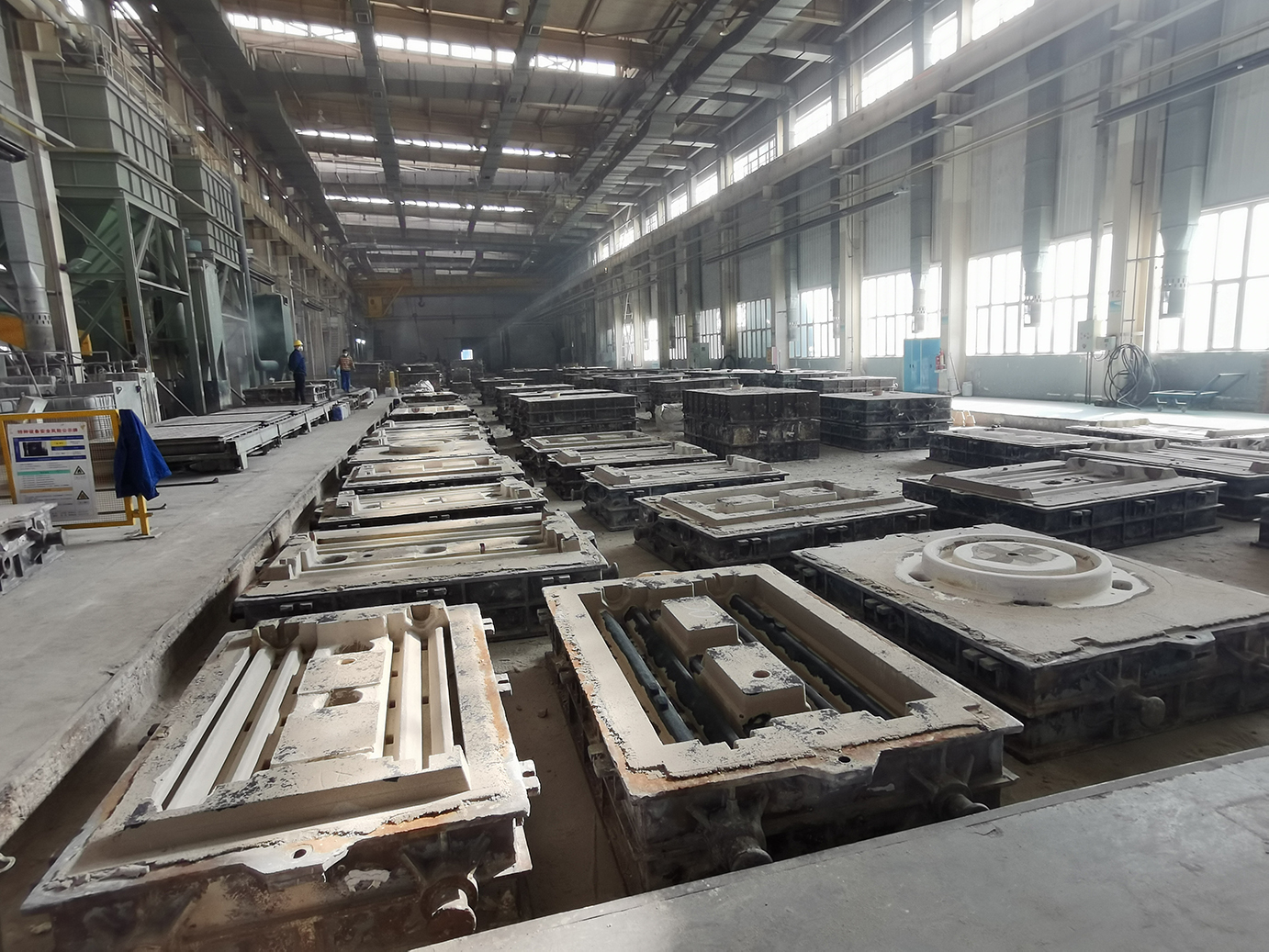- Afrikaans
- Albanian
- Amharic
- Arabic
- Armenian
- Azerbaijani
- Basque
- Belarusian
- Bengali
- Bosnian
- Bulgarian
- Catalan
- Cebuano
- China
- China (Taiwan)
- Corsican
- Croatian
- Czech
- Danish
- Dutch
- English
- Esperanto
- Estonian
- Finnish
- French
- Frisian
- Galician
- Georgian
- German
- Greek
- Gujarati
- Haitian Creole
- hausa
- hawaiian
- Hebrew
- Hindi
- Miao
- Hungarian
- Icelandic
- igbo
- Indonesian
- irish
- Italian
- Japanese
- Javanese
- Kannada
- kazakh
- Khmer
- Rwandese
- Korean
- Kurdish
- Kyrgyz
- Lao
- Latin
- Latvian
- Lithuanian
- Luxembourgish
- Macedonian
- Malgashi
- Malay
- Malayalam
- Maltese
- Maori
- Marathi
- Mongolian
- Myanmar
- Nepali
- Norwegian
- Norwegian
- Occitan
- Pashto
- Persian
- Polish
- Portuguese
- Punjabi
- Romanian
- Russian
- Samoan
- Scottish Gaelic
- Serbian
- Sesotho
- Shona
- Sindhi
- Sinhala
- Slovak
- Slovenian
- Somali
- Spanish
- Sundanese
- Swahili
- Swedish
- Tagalog
- Tajik
- Tamil
- Tatar
- Telugu
- Thai
- Turkish
- Turkmen
- Ukrainian
- Urdu
- Uighur
- Uzbek
- Vietnamese
- Welsh
- Bantu
- Yiddish
- Yoruba
- Zulu
Aug . 12, 2024 04:58 Back to list
Exploring the Benefits of Wholesale Commercial Heating Solutions and Efficient Heat Exchanger Technologies
Understanding Wholesale Commercial Heating Heat Exchangers
In the modern commercial landscape, efficient heating systems play a crucial role in ensuring optimal climate control and energy savings. One of the key components of these systems is the heat exchanger, a device designed to transfer heat between two or more fluids. The wholesale market for commercial heating heat exchangers has grown significantly in recent years, driven by advances in technology, increasing energy costs, and a heightened focus on sustainability.
What are Heat Exchangers?
At its core, a heat exchanger operates on the principle of thermal conduction. It allows heat from a hot fluid to be transferred to a cooler fluid without the two mixing, thereby maintaining the individual properties of each fluid. Heat exchangers are used in various applications, including HVAC systems, industrial processes, and even in refrigeration units.
There are several types of heat exchangers, including shell-and-tube, plate, and air-cooled exchangers. Each type has its unique advantages and is suited for specific applications. For example, shell-and-tube heat exchangers are extensively used in large-scale heating systems due to their durability and efficiency in handling high-pressure fluids. Meanwhile, plate heat exchangers are favored for their compact design and excellent heat transfer capabilities, making them ideal for smaller systems or tight spaces.
The Rise of Wholesale Markets
The wholesale market for heat exchangers has been influenced by several factors. Primarily, the push towards energy efficiency has prompted businesses to invest in high-performance heating solutions. As governments worldwide implement stricter energy regulations, companies are increasingly seeking reliable heat exchanger solutions that comply with these standards.
Wholesale suppliers have emerged as critical players in this landscape. By providing bulk purchasing options, manufacturers can reduce overhead costs, passing those savings on to customers. This model also enables businesses to source heat exchangers that meet their specific requirements without the burden of high retail prices.
wholesale commercial heating heat exchanger

Key Benefits of Wholesale Commercial Heating Heat Exchangers
1. Cost Efficiency Purchasing heat exchangers in bulk allows businesses to enjoy significant cost savings. Lower prices often come from reduced manufacturing and distribution costs, making it easier for companies to upgrade their heating systems.
2. Variety and Customization Wholesale suppliers typically offer a broader range of heat exchanger types and models. This variety allows businesses to select customized solutions tailored to their operational needs, whether they require higher efficiency, smaller footprints, or specific material compositions resistant to corrosion.
3. Access to Advanced Technology With the continuous evolution of heating technology, wholesale suppliers often stock the latest innovations in heat exchangers, including those designed for improved heat transfer rates, enhanced durability, and sustainable materials. This access can help businesses stay ahead of the curve and remain competitive.
4. Sustainability As the industry shifts towards greener practices, many heat exchangers are being designed with sustainability in mind. Wholesale suppliers are increasingly offering products that are not only efficient but also constructed from recyclable materials, supporting the move towards a more sustainable future.
Conclusion
The wholesale market for commercial heating heat exchangers is integral to meeting modern energy demands. With a focus on efficiency, cost savings, and sustainability, these devices have become essential for businesses aiming to optimize their heating systems. As technology continues to advance, and as regulations around energy consumption become stricter, the role of heat exchangers—as well as the importance of wholesalers in supplying these critical components—will undoubtedly grow. Investing in quality heat exchangers from wholesale distributors can empower businesses to enhance their heating efficiency while also contributing to a more sustainable environment.
-
Premium Cast Iron Water Main Pipe: Durable, Corrosion-Resistant
NewsAug.03,2025
-
Durable Cast Iron Water Mains | AI-Optimized Systems
NewsAug.02,2025
-
High-Efficiency Propane Boiler for Baseboard Heat | Save Energy
NewsAug.01,2025
-
Premium Source Suppliers for Various Gray Iron Castings
NewsJul.31,2025
-
Durable Cast Iron Water Main Pipes | Long-Lasting
NewsJul.31,2025
-
High-Quality Cast Iron Water Main Pipe for Durable Infrastructure
NewsJul.30,2025


